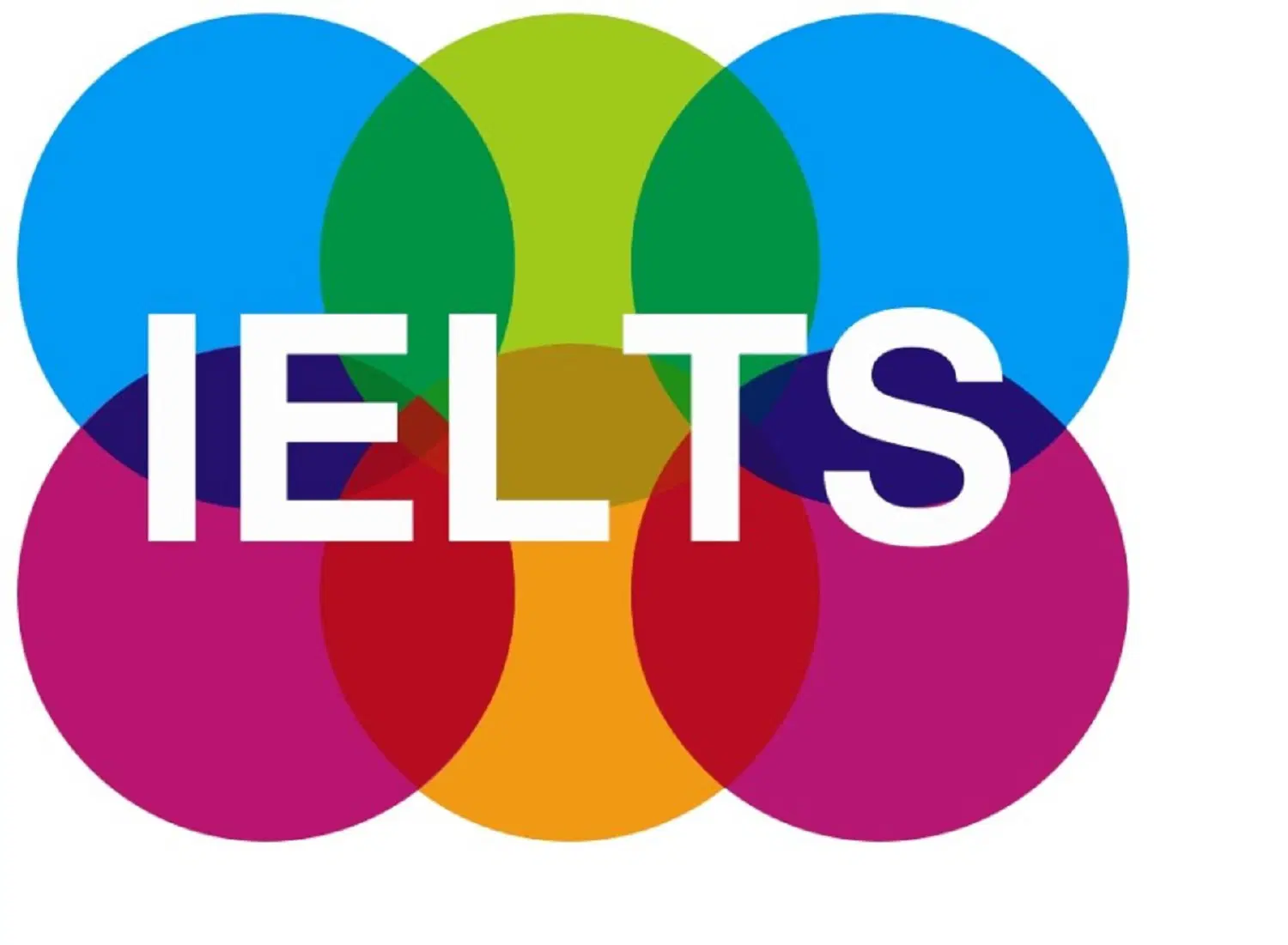Many candidates sitting for the IELTS often feel nervous while waiting to enter the exam room. They tend to view it as an interview and frequently worry about being judged on their appearance, prompting them to wear their best outfits. However, I want to emphasize that IELTS speaking is not about your attire or fragrance; it’s about being your authentic self and communicating openly. You may not have the time to impress an examiner with looks, but you can certainly captivate them with your communication skills.
To help boost your score, here are 10 essential IELTS speaking tips and tricks. Note that tips number 6 and 9 are especially important!
1. Make a Good First Impression
Your first contact with the examiner, whether physical or visual, is crucial. Be confident, smile, and remain relaxed. Ensure your hands are visible on the table. If you need to adjust your headset, do so with ease and confidence. Don’t let overconfidence or pride lead to mistakes.
2. Don’t Learn Answers by Heart
Speak freely instead of relying on memorized answers. Examiners are trained to detect memorization, which can negatively impact your score. Instead, learn vocabulary and collocations that can help you express your thoughts naturally.
3. Practice Answering Sample Questions
Preparation is key! Familiarize yourself with potential IELTS speaking questions, which may cover topics like sports, family, and travel. Use available online resources for practice and consider rehearsing with a friend or in front of a mirror to simulate the exam environment.
4. Ask the Question Again If You Need To
Use this technique wisely; it should only be employed if you genuinely didn’t understand the question. Avoid using it merely to buy time, as you have limited time to respond. Properly utilizing this strategy can help you avoid losing points.
5. Be Emotional!
Remember, your examiner is human too, with emotions and feelings. Use emotion in your speech, speaking as if you’re conversing with a friend or loved one. This connection can enhance the examiner’s perception of your communication skills.
6. Extend Your Speech
Avoid giving short, uncommunicative replies like “yes” or “no.” Aim to expand your answers until the examiner prompts you to stop or changes the question. If a question is direct, add context by sharing what you know, and always provide reasons for your answers. Ensure fluency in your speech, use relatable vocabulary, and maintain a calm pace.
7. Be Coherent
Since the test evaluates your communication skills, utilize linking words and phrases like “however,” “and,” and “nevertheless.” This will enrich your responses and help the examiner follow your thoughts more easily.
8. Give Yourself Time to Think
If you’re unsure how to answer a question, take a moment to gather your thoughts. Phrases like “That’s a tricky question…” or “I’ve never thought about that before…” can buy you some extra time for planning your response.
9. Be Time Conscious
You have just 17 minutes with the examiner, so make every moment count. Don’t spend too much time processing the question or trying to impress the examiner. Answer simply and clearly. Towards the end of the speaking test, you’ll be asked to speak extensively on a topic—use this time effectively and speak naturally.
10. Did You Make a Mistake? Don’t Panic!
Mistakes are normal and expected during the exam. What matters is your ability to self-correct. Incorporate brief pauses where necessary and remain composed throughout the interaction. Avoid making too many errors during your speech.
By following these tips, you can improve your confidence and performance in the IELTS speaking section. Good luck!

